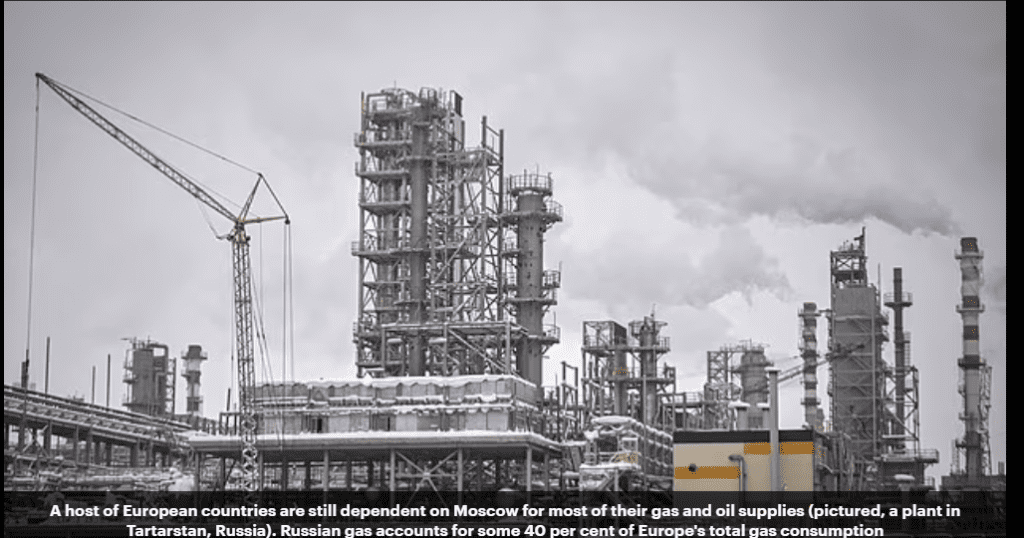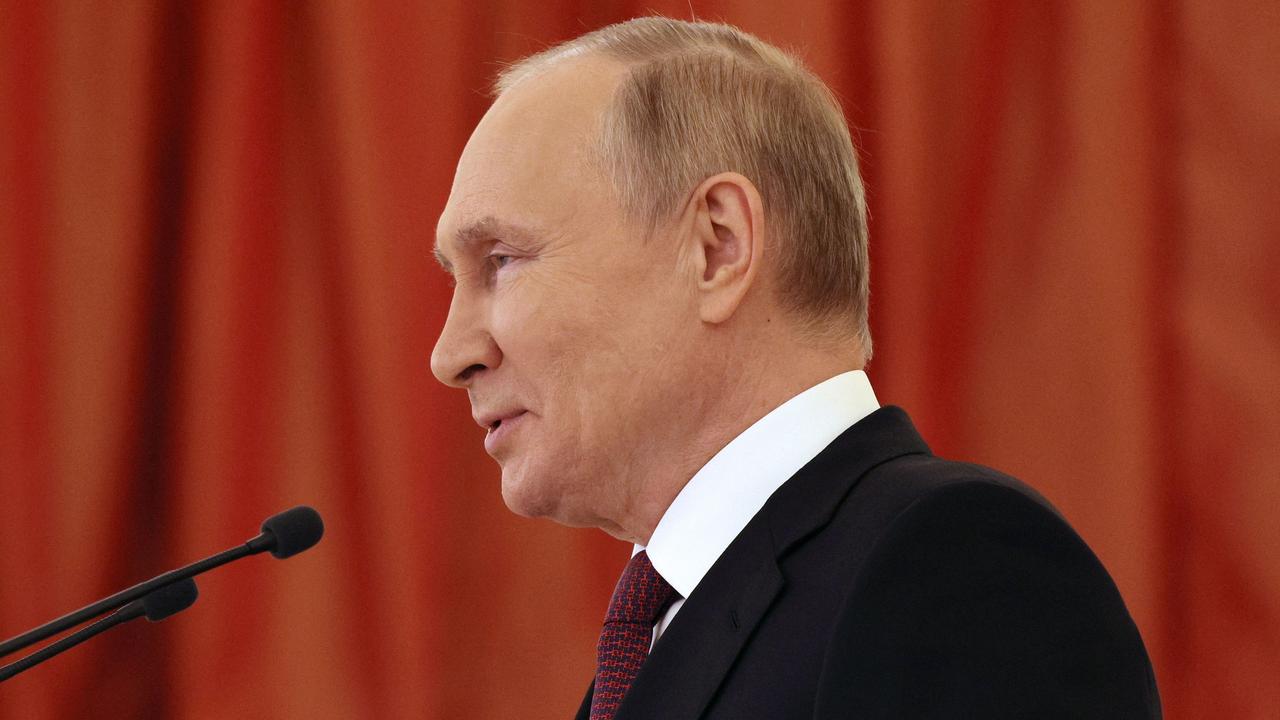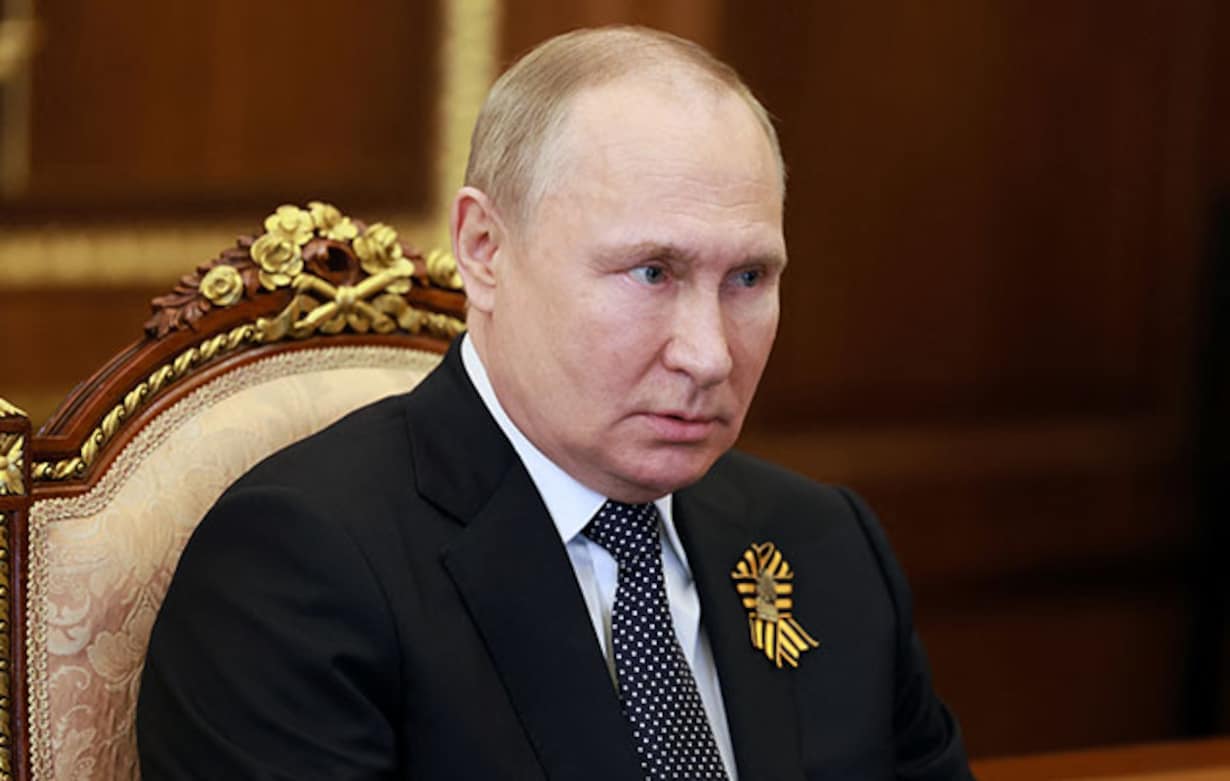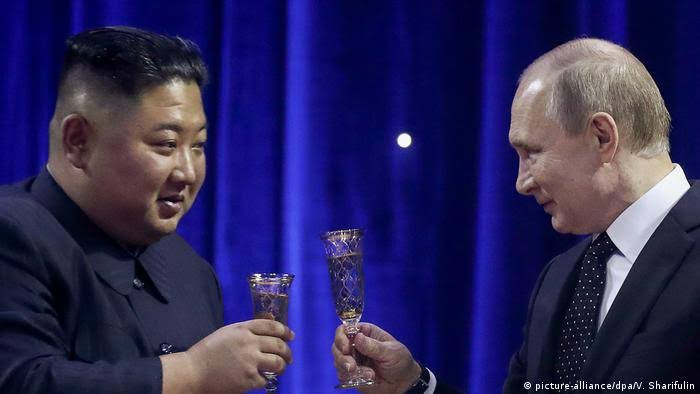Foreign News
British gas prices rise as Putin declares that Russia will only accept rubles as payment for gas from ‘unfriendly’ countries in retaliation for sanctions
British gas prices rose today after Russia said ‘unfriendly’ states to pay in roubles

Vladimir Putin said he made the decision as sanctions ‘destroyed Moscow’s trust’
States include US, EU member states, UK, Japan, Ukraine, South Korea, Norway
The move could lead to renegotiation of contracts, leading to supply disruptions
It could also boost the Russian currency which tumbled after launching invasion
British gas prices have risen after Vladimir Putin declared today that Russia will only accept roubles as payment from ‘unfriendly’ countries in retaliation for sanctions imposed over his invasion of Ukraine.
‘Russia will continue, of course, to supply natural gas in accordance with volumes and prices… fixed in previously concluded contracts,’ Putin said, adding that sanctions had ‘destroyed Moscow’s trust’.
‘The changes will only affect the currency of payment, which will be changed to Russian roubles’ for a list of countries, corresponding to those that have imposed sanctions.
Wholesale gas prices in the UK rose following the announcement, with the British price for day-ahead delivery jumping by 18 per cent to 259.50 pence per therm by 13:54 GMT, while the winter 2022 price rose by 11 per cent to 264.01 p/therm.

Putin said the government and central bank had one week to come up with a solution on how to move these operations to the Russian currency and that gas giant Gazprom would be ordered to make the corresponding changes to gas contracts.
Contractual changes may mean European customers have to renegotiate their agreements, which are mostly in euros, possibly leading to supply disruptions as talks take place.
But with a host of European countries still dependent on Moscow for most of their gas and oil supplies, disruptions would push up prices and deepen the continent-wide energy crisis.
The move is also expected to boost the Russian currency which fell to a record low of 120 to the dollar this month following the invasion of Ukraine, despite usually trading around 80 to the dollar.
The list of ‘unfriendly’ countries includes the United States, European Union member states, Britain, Japan, Canada, Norway, Singapore, South Korea, Switzerland and Ukraine. Among other things, deals with companies and individuals from those countries have to be approved by a government commission.





